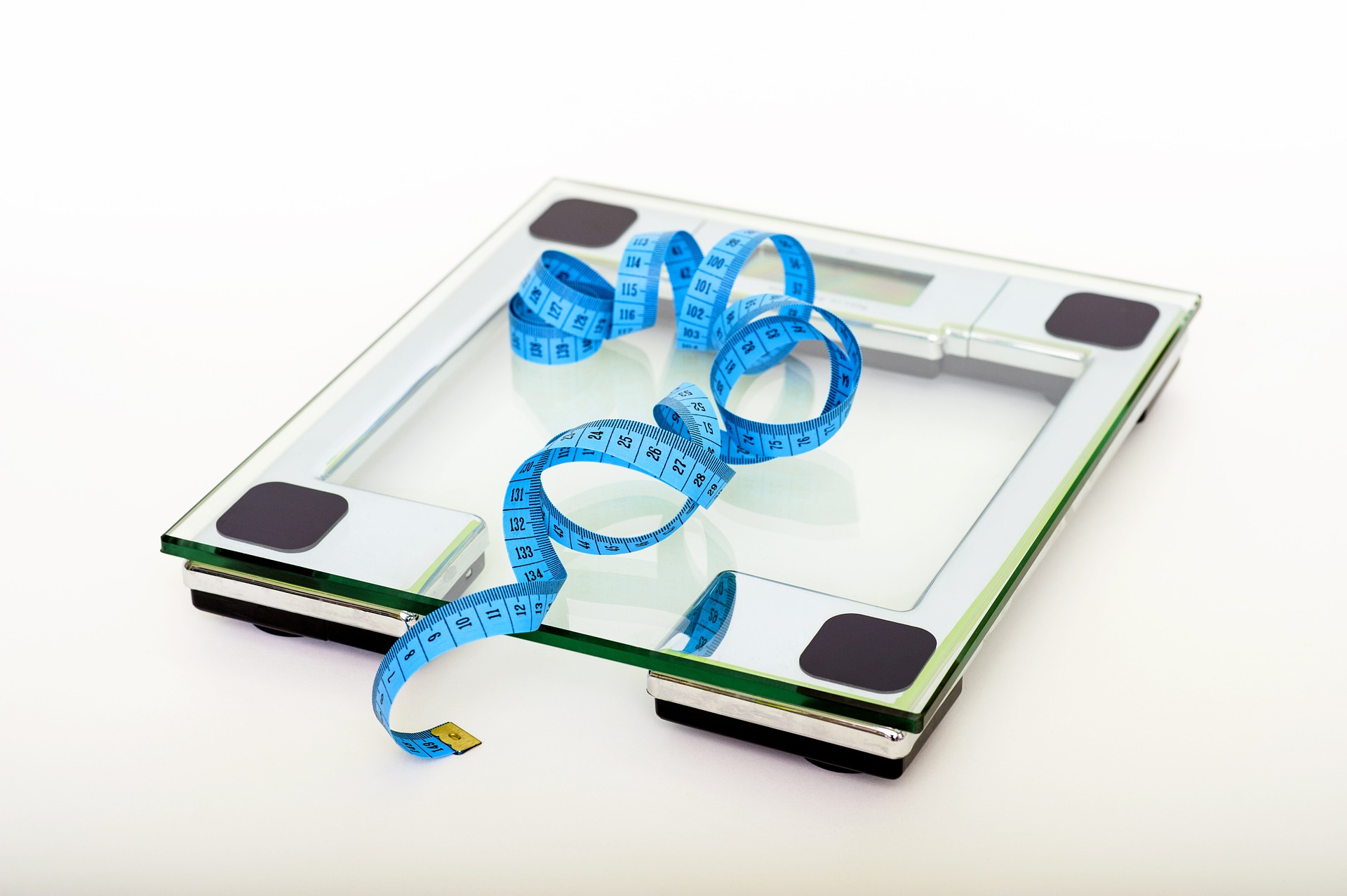Author: Cecilia Snyder, MS, RD
Meal plans–a quintessential tool of the diet and weight loss industry. In some ways, it feels like meal plans have been around forever. When you think about it, a meal plan really isn’t that much more than a menu. But in this day and age, meal plans truly can feel like so much more.
Maybe it’s the marketing. Maybe it’s the fact that modern meal plans continue to advance and add unique features to standard plans. Or maybe it’s that so many people have credited their own weight loss success to meal planning. Whatever the cause, one thing’s for certain–meal plans and meal prep kits are everywhere!
So at one point or another on your own weight loss journey, it’s natural that you might begin to wonder whether or not a meal plan is right for you. When that day comes along, here are a few points to consider before making a decision either way:
Meal Plan 101: The basics!
Meal plans can come in a variety of different shapes and forms. Some meal plans might be as simple as a list of meals that you’re planning to have during the week, while other meal plans might have you timing your intake of certain foods throughout the day. Some meal plans include things like a grocery list of all the supplies you’ll need. And other meal plans come as ready-to-eat meals, completely prepared already, only needing to be reheated, and delivered right to your doorstep each week.
Having a wide variety of meal plans to choose from is great. But it can also make it difficult to narrow it down and decide which type of meal plan makes the most sense for you individually. Before choosing any meal plan, make sure to think about factors like:
- Your schedule (how much time you have to spend on your meal plan?)
- Your specific dietary needs (any allergies, intolerances, or personal food preferences?)
- How a meal plan fits into your weight loss plan (does it provide you with the amount of calories you are aiming to have each day?)
- Involvement (how involved is a meal plan and will you have time to commit to it?)
- Convenience (how easy/hard is a meal plan to follow?)
- Cost (this one explains itself)
Meal Plan Myths: Is it possible to lose weight without one?
Now that we’ve covered what meal plans are and how to choose one that feels right for you, let’s tackle the looming question–is a meal plan even necessary on your weight loss journey? The truth is that there is no right or wrong answer to that question. A meal plan certainly isn’t a required piece of a weight loss journey. But for some, having a little guidance on what to eat can go a long way. And in those cases, a meal plan could be a critical piece of a weight loss journey.
But here’s the kicker when it comes to meal plans… no matter which type of meal plan you choose to follow, if you want your weight loss progress to stick long-term, you’ve got to make sure to stay in a lifestyle mindset rather than in a diet mindset. A meal plan is probably not going to last you forever. Unfortunately though, with meal plans and meal kits, it’s really easy to get sucked in to the diet mindset.
You might begin to feel like you must eat your planned meals everyday or everything will go wrong. Or you might find yourself getting really bored of your meal, yet still forcing yourself to eat those meals everyday because that’s what your meal plan says you need to do. This is where things can get complicated with meal plans.
Meal Plans Facts: How do they actually impact weight loss?
One of the primary perks of any meal plan is the structure it provides. It’s nice to already have an idea in mind of what you’re planning to eat each day. And it’s even nicer to know that those meals should keep you on track with your weight loss goals. Some research is beginning to suggest that meal planning itself is associated with a healthier diet overall since it encourages people to eat more meals at home.
Sure, this takes a little bit more time and investment on the front end, but for those people with little time to spare in the midst of a busy day or week, the time invested is usually saved on the back end. Plus, committing to a meal plan helps with accountability. Or in other words, you’re more likely to stick with those planned healthy meals once you’re invested in a meal plan.
By now, you’re probably feeling like it’s pretty clear–meal plans do have their advantages. And that’s certainly true. But remember, a meal plan probably isn’t forever. Eventually, you might not feel like following that meal plan any longer. And what’s going to happen when you find yourself in a situation where your planned meals aren’t an option, and you’ve got to choose something else instead? Will a meal plan help you navigate holiday parties, work functions, or family dinners? Chances are that it won’t.
So if you want your weight loss progress to last, a meal plan can be a good starting point, but eventually you’ll need to learn a way of eating that is more flexible and sustainable…
Your Meal Plan with Noom
With Noom, sustainability is the name of the game. Rather than simply handing you a meal plan and leaving you to it, the Noom app will guide you towards discovering your own personal food system. One that takes your values and your preferences into account, and one that helps you navigate all of the internal and external factors that influence our food choices each day.
Noom knows that weight loss is a journey. Things won’t happen overnight. And different people have varying levels of success with different weight loss tools. If you’re one of those people that thrives on structure and planning, don’t worry, Noom has its own set of meal ($59) and exercise ($39) plans that are available for purchase.
But what sets Noom’s meal and exercise plans apart is that they’re designed to be flexible, yet structured. Rather than telling you exactly what to eat each day, Noom’s meal plans provide a guide that helps you select the meals that sound most appealing to you. That way, you’ll learn to create long-term sustainable habits rather than simply eating exactly what your meal plan has told you to eat each day.
And even better, Noom won’t expect you to make all of these decisions completely on your own. If you subscribe to the Noom app, you’ll receive two of your very own personal health coaches to help guide you through these plans and your entire weight loss journey. Plus, you’ll be learning all about the ins and outs of psychology and nutrition and how they impact your decisions each day. Throw in Noom’s pedometer and meal logging system, and you’ll be more than prepared with all of the tools you could need and more to get started on your weight loss journey today.










